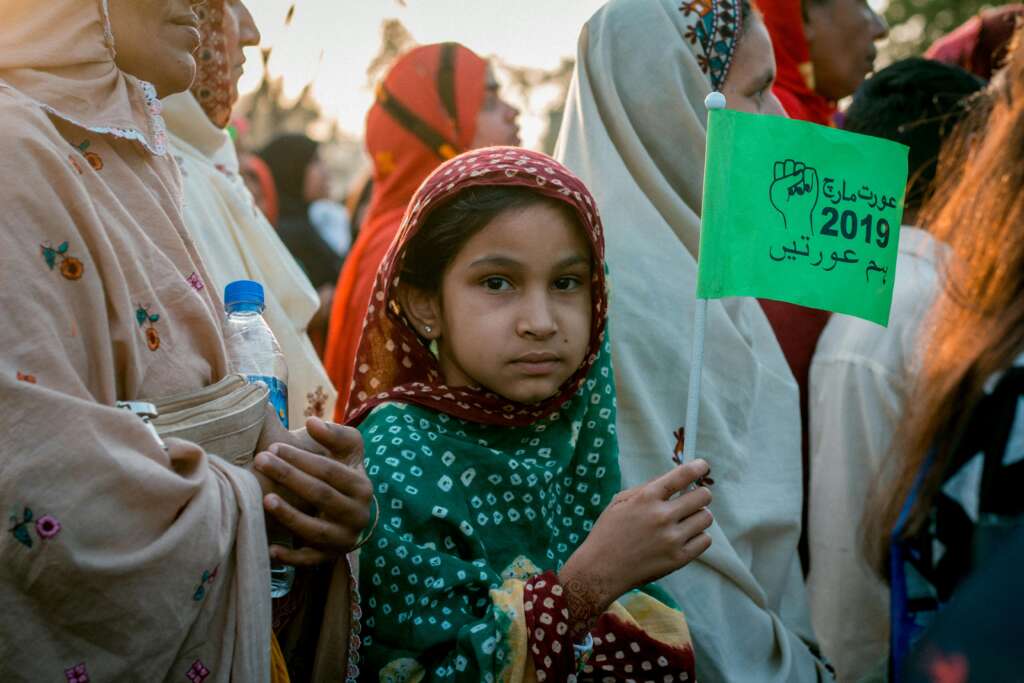Access to legal support can be a lifeline for marginalized communities. Many vulnerable individuals face legal battles without representation, making justice an elusive goal. This blog outlines how NHRJ’s legal aid services provide the support needed to navigate complex legal systems, enabling individuals to stand up for their rights with confidence.

The Importance of Legal Aid in Human Rights Protection:
- Addressing Power Imbalances: Explains how legal aid helps correct power imbalances by giving disadvantaged communities the tools to pursue justice.
- Bridging the Justice Gap: Discusses the challenges low-income individuals face in accessing legal services and how this gap hinders the enforcement of human rights.
NHRJ’s Legal Aid Programs:
- Free Legal Counseling: Describes how NHRJ’s lawyers and human rights experts offer free consultations and advice to those in need, addressing a range of human rights cases.
- Representation in Court: Explains how NHRJ provides court representation for cases of discrimination, abuse, or wrongful accusations, ensuring fair trials.
- Empowering Through Education: Details NHRJ’s legal literacy programs, which educate communities about their legal rights, responsibilities, and avenues for seeking justice.
Impactful Case Studies:
- Stories of individuals who, with NHRJ’s help, fought wrongful accusations, secured property rights, or gained fair compensation for injustices.
- Quotes from beneficiaries emphasizing the transformative power of legal aid in their lives.
How You Can Support NHRJ’s Legal Aid Work:
Emphasizes the importance of donations, volunteer support, and advocacy to help expand NHRJ’s legal aid reach, making justice more accessible.
Conclusion:
Legal aid services are critical to upholding human rights. By leveling the playing field, NHRJ’s legal aid programs foster dignity, fairness, and a sense of empowerment among marginalized communities.d empowerment for all Pakistanis, championing a future where human rights are upheld across the nation.
